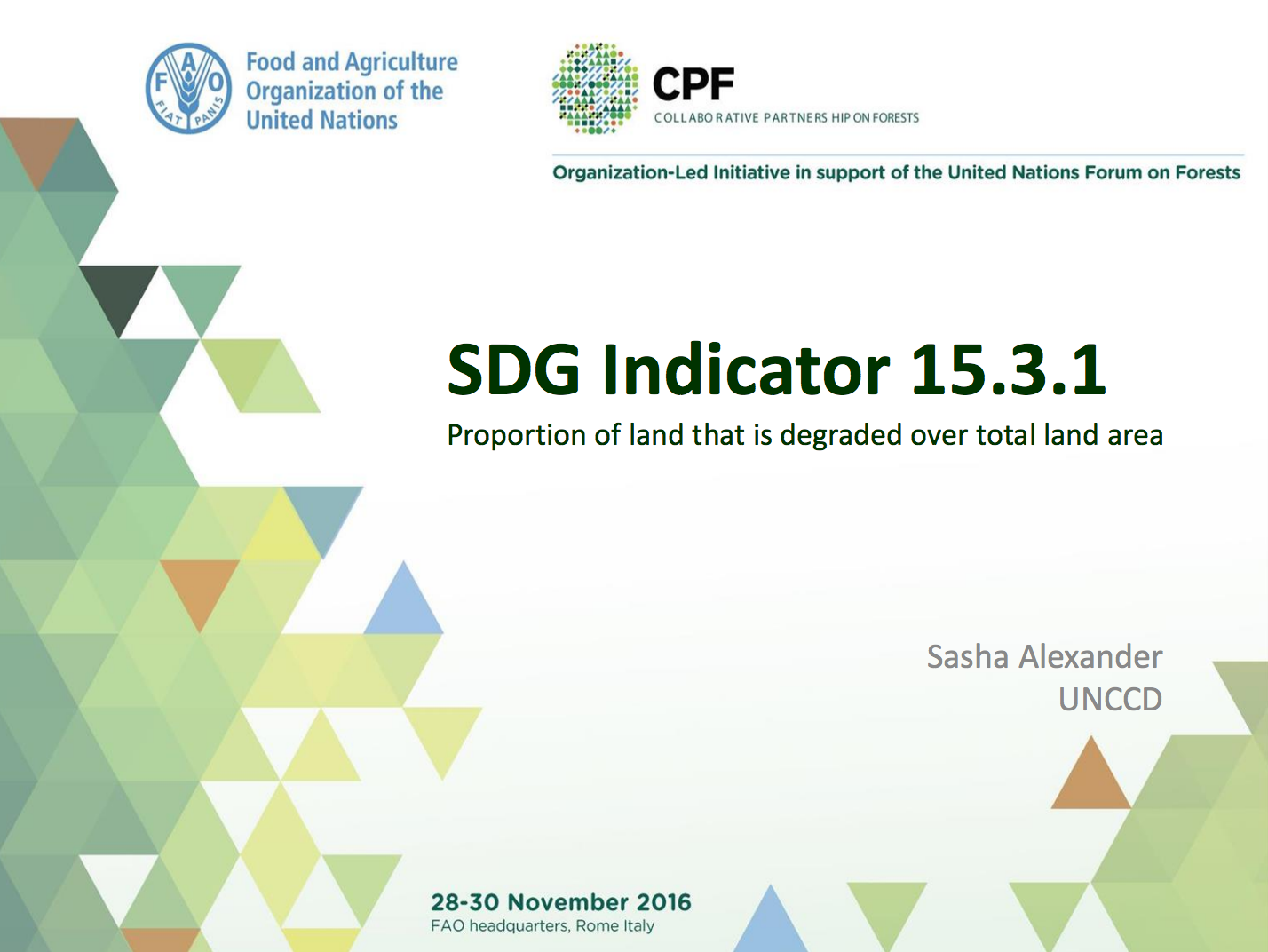Location
The United Nations Convention to Combat Desertification in Those Countries Experiencing Serious Drought and/or Desertification, Particularly in Africa (UNCCD) is a Convention to combat desertification and mitigate the effects of drought through national action programs that incorporate long-term strategies supported by international cooperation and partnership arrangements.
Members:
Resources
Displaying 276 - 280 of 585Land degradation neutrality ( in The Mediterranean region under climate change : a scientific update)
This chapter sets out to present a short review of (i) the general context of land degradation under the framework of UNCCD – the international convention on desertification with a specific focus on Land Degradation Neutrality, and (ii) examples of the main processes responsible for soil degradation (e.g. surface crusting, runoff and water erosion, tillage erosion, wind erosion, and salinization), along with the principles of desertification control and land rehabilitation, in light of the socioeconomic context and ecological conditions and processes.
SDG Indicator 15.3.1 - Proportion of land that is degraded over total land area
Presentation by Sasha Alexander from the UNCCD about SDG Indicator 15.3.1 about the proportion of land that is degraded over total land area.
Land for life
Becoming land degradation neutral is not simply about restoring degraded lands. It is about self interest making sure the land can still provide food and fresh water for us, our children, and to the third and fourth generations. It is about giving every child, from Mongolia to Afghanistan and from Ethiopia to China, the fighting chance for a better life. If this all sounds too good to be true, read this book.
Achieving Land Degradation Neutrality at the country level
The twelfth session of the Conference of the Parties of the UNCCD (COP 12) agreed to integrate the sustainable development goals (SDGs) and target 15.3 on Land Degradation Neutrality (LDN) in particular, into the implementation of the Convention, stating
Role of innovation in meeting food security challenges
Global food production must ramp up in the face of enormous challenges. We are all familiar with many of the key metrics surrounding the central food security challenge: By the year 2050, the earth’s population is expected to soar from the current 7bn about 9.6bn. It is estimated that in the next 40 to 50 years, we will need to produce as much food as was necessary in the previous 10,000.




